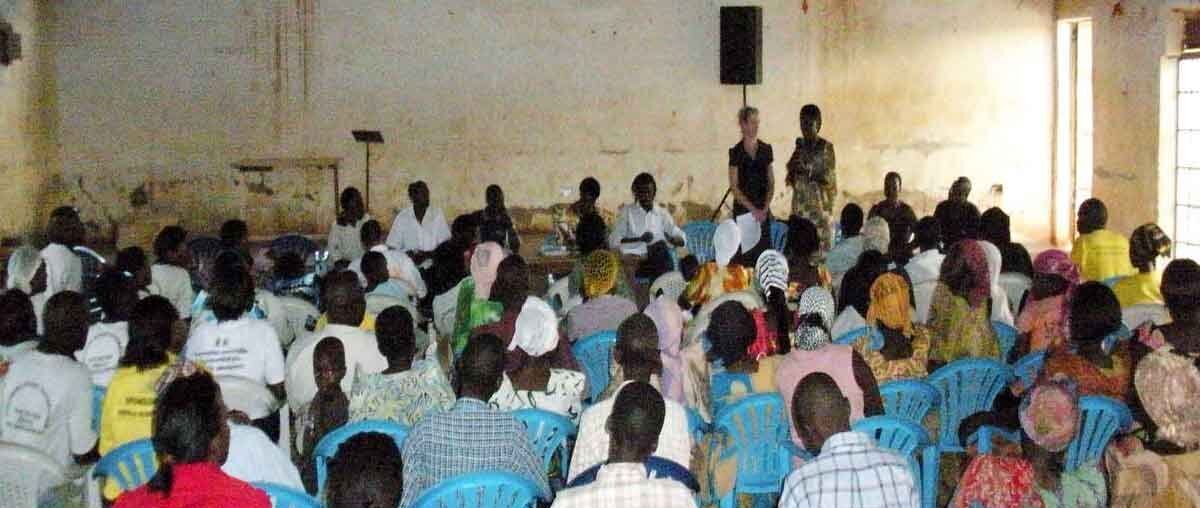What is Global Health Equity and how can we achieve it?
Building Research Initiatives Advancing Global Health Equity (BRIDGE) at San Diego State University is a diverse multidisciplinary team of researchers focused on a singular objective: achieving health equity on a global scale.
The U.S. Centers for Disease Control and Prevention defines ‘health equity’ as “a state where all persons have a fair and just opportunity to attain their highest levels of health.”1 Achievement of health equity requires intentional focus on addressing factors that contribute to and perpetuate health disparities, within and between communities. These factors include social, economic, demographic, and geographical dimensions of inequality (e.g. race, ethnicity, immigration status, sexual orientation, income level, risk environment) that can lead to differential health outcomes. Achieving health equity on a global scale demands a wider lens, emphasizing the need to address health disparities in communities in high and low-income countries that face the greatest resource shortages and disproportionate health burdens. Perhaps most critically, this type of work requires equitable partnerships and collaborations between researchers, stakeholders, and the communities that they serve to promote sustainable public health initiatives. For this reason, BRIDGE embraces a definition of global health equity formulated by Dr. Ella August et al. (2022)2, which encapsulates this crucial aspect. We define ‘global health equity’ as “Mutually beneficial and power-balanced partnerships and processes leading to equitable human and environmental health outcomes on a global scale.”
2August E, Tadesse L, O’Neill MS, Eisenberg JNS, Wong R, Kolars JC, Bekele A. What is Global Health Equity? A Proposed Definition. Ann Glob Health. 2022 Jul 4;88(1):50. doi: 10.5334/aogh.3754. PMID: 35860038; PMCID: PMC9266830.
Our Mission
Our mission is to advance global health equity through evidence-based approaches. We do this by developing and nurturing equitable global partnerships to co-lead research and integrating stakeholders throughout our research process to develop scalable culturally and contextually relevant programs with health sector support to speed the translation from evidence to practice.
With the above definition in mind, and in line with our research group mission, we have the following objectives:
EVIDENCE-BASED PROGRAMMING
Promote the development and uptake of evidence-based interventions.

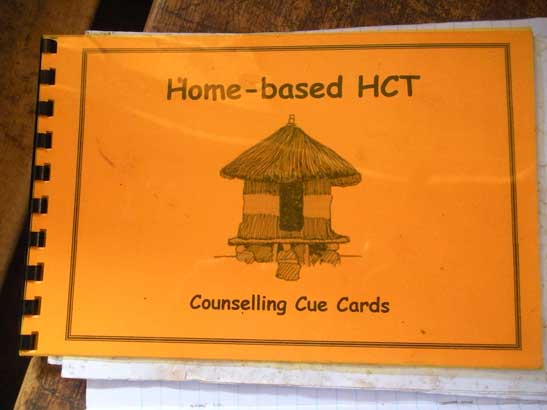
Promoting the use of evidence-based programming is essential to ensure that underserved and historically marginalized communities receive interventions grounded in the best practices and scientific rigor. This not only enhances the impact of our efforts but also contributes to the overall goal of advancing health equity and social justice.
GLOBAL PARTNERSHIPS
Prioritize the development and maintenance of strong equitable global partnerships to co-lead global health research.
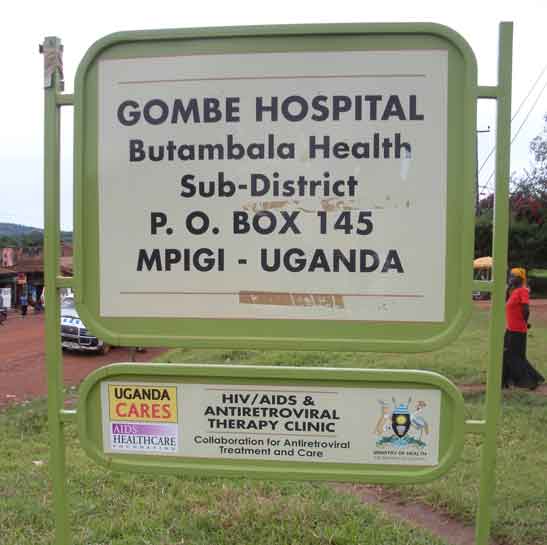

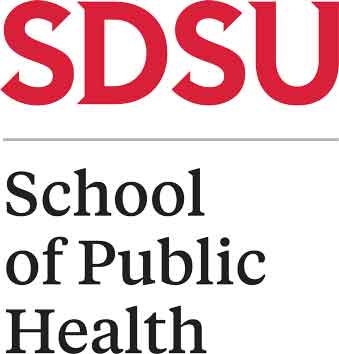


Strong global partnerships harness collective expertise to facilitate the exchange of knowledge, skills, and technologies. This collaborative approach also helps to address power imbalances and ensures that research efforts are responsive to the needs and realities of all involved. By prioritizing collaboration and cooperation across borders, we can tackle complex global health challenges more effectively, advancing the collective goal of improving health and well-being worldwide.
COMMUNITY VOICES
Center community voices and prioritize community input to tailor programs to the context and culture.

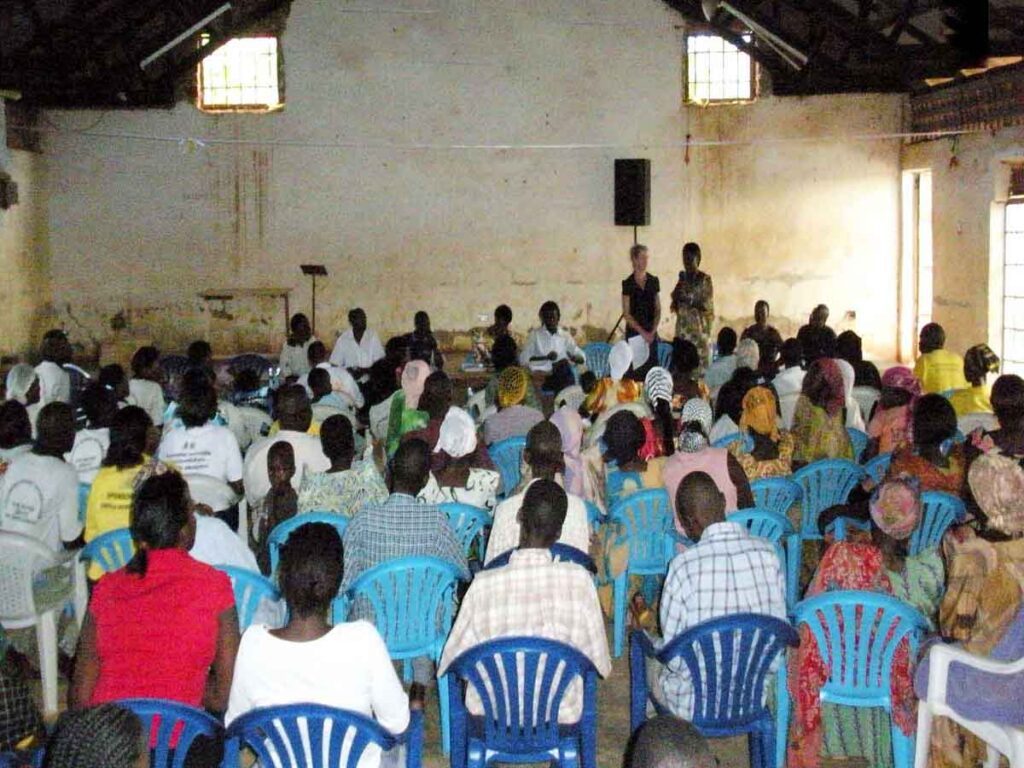
It is crucial to consider unique contextual factors that may impact intervention adoption. Our focus lies predominantly with communities that have been historically underserved, and marginalized, and may have mistrust towards the medical and research communities. Involving community members across all research stages fosters alignment between community priorities and needs and our research.
STAKEHOLDER INTEGRATION
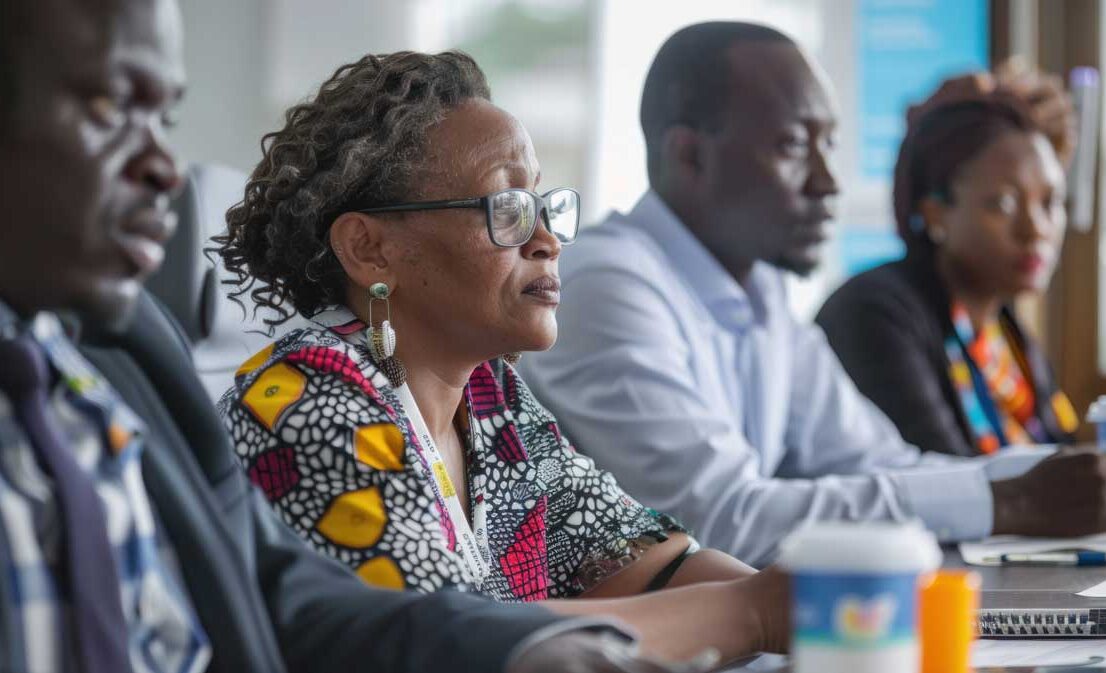
We involve health sector stakeholders in all phases of the research process, from planning, implementation, interpretation, to dissemination. As such we increase the public health policy relevance and alignment of our work and help inform future policy decisions.

